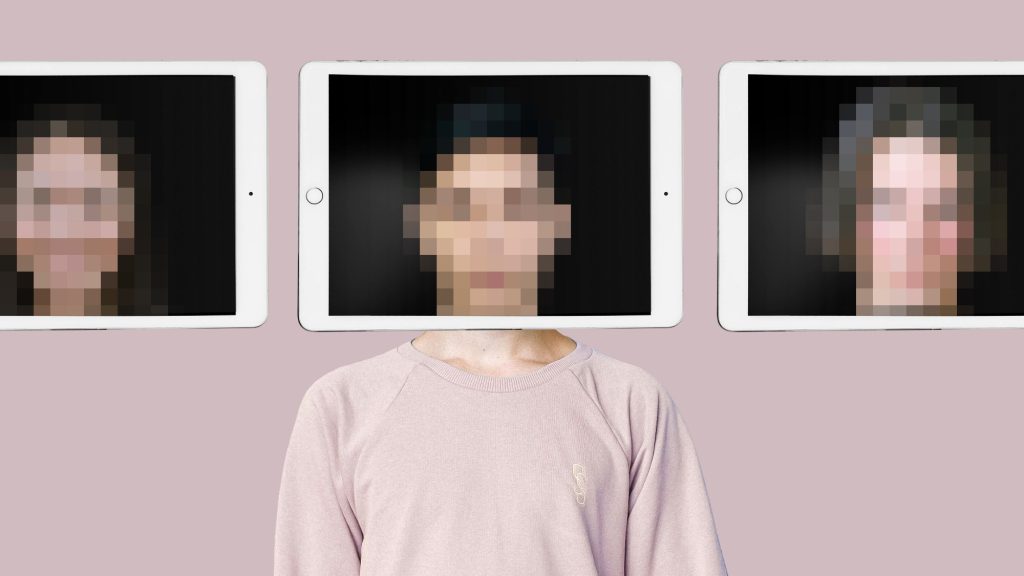“It’s a strange new world out there” for hiring managers, said Brit Morse in Fortune. Just ask Dawid Moczadło, the cofounder of Vidoc Security Lab, whose footage of a weird Zoom call with a job applicant recently went viral after he posted it on LinkedIn. During the interview, the candidate’s face blurred and glitched repeatedly. Suspecting that the candidate was using an AI filter to disguise his appearance, Moczadło asked him to hold his hand in front of his face, to disrupt the filter. The request was repeatedly ignored, so he terminated the interview.
Moczadło’s experience is far from unique. According to a survey in March, around 17% of hiring managers in the US have encountered candidates using deepfake technology in video interviews. It seems to be a particular problem in IT. One executive recently found that, out of 827 applications for a software job, about 100 were attached to fake identities. Some bogus applications are from those trying to boost their income; others, more worryingly, are North Korean IT workers targeting sensitive company data.
AI technology is being used for less serious forms of cheating as well, said Parmy Olson on Bloomberg. A Columbia University student was recently suspended for creating an AI tool that provides software engineers with real-time answers to coding questions they’re presented with during interviews. It all appears on a translucent screen that a screen-sharing interviewer can’t see.
Employers “created this problem for themselves”. More than 80% of large companies use AI somewhere in hiring – to generate job descriptions, say, or screen candidates – and one in four use it for the entire recruitment process. This has fuelled an arms race with applicants, who are devising new ways to game the system and “slip through AI gatekeepers”.
The embrace of AI is creating headaches for people on both sides, said Taylor Telford in The Washington Post. Applicants can use ChatGPT to optimise CVs and cover letters, and auto-apply to hundreds of roles; but their application faces being screened out by a machine. One recruiter was shocked recently when a candidate thanked her on LinkedIn for sending a personalised rejection letter – a gesture that highlights the overall lack of a “human touch” in the process.
Hiring managers can use AI tools to run cheap recruitment drives, yet they are struggling to “find real qualified workers amid the bots, cheaters and deepfakes”; many employers are having to fall back on old-school methods, such as referrals from contacts. The problem may be mostly in the IT sector for now, but it is likely to spread. “Tech is the canary in the mine here,” says one recruiter. “This is what it’s going to look like for everybody in a year.”
More than 80% of large companies use AI in their hiring process, but increasingly job candidates are getting in on the act
